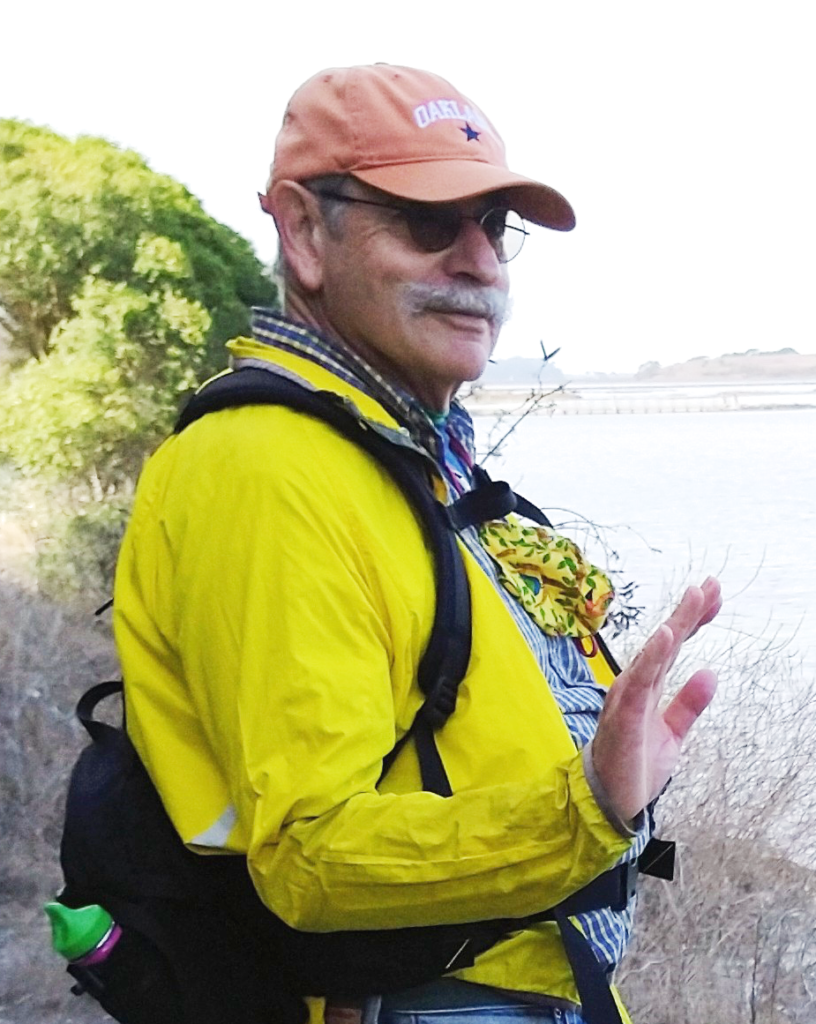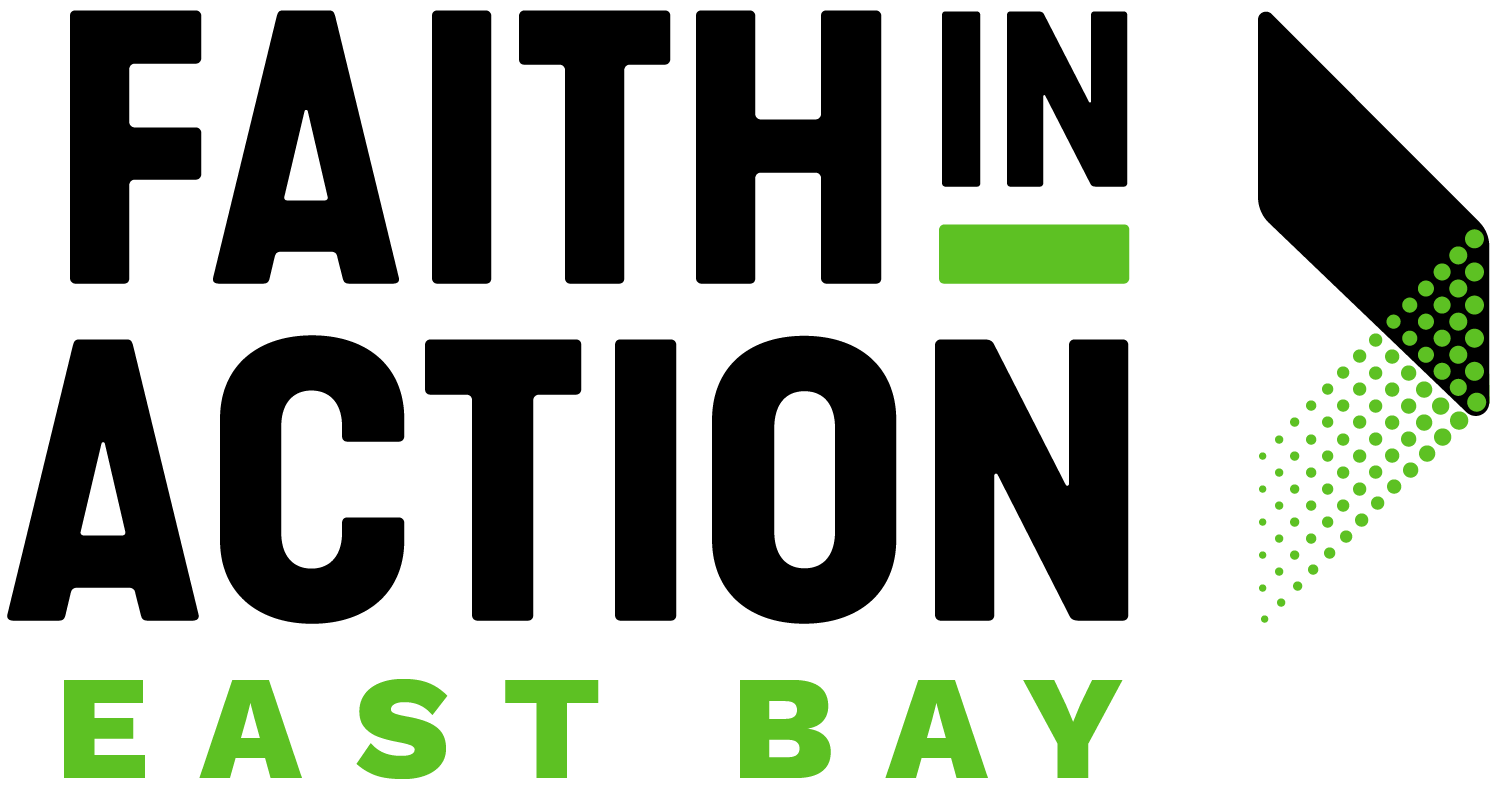An Interview with FIAEB leader Richard Speiglman

The Jewish value of Tikkun Olam—repair the world—has been a part of Richard Speiglman’s consciousness for as long as he can remember.
Growing up in Des Moines, Iowa, his rabbi taught the community to be “informed, participating Jews.” Richard took this to mean he should read the newspaper to become aware of what was happening in the world.
His parents embodied values of community. Both of them were social workers for whom the Jewish and the larger communities were critically important. Richard’s father had lived through crises as a refugee from Eastern Europe, subject to poverty and pogroms prior to immigration. Then he met U.S. anti-Semitism. Richard’s mother—but not her parents and one of two siblings—survived the 1918 flu epidemic. She worked with Family Service Traveler’s Aid in Des Moines, Iowa. Richard’s father was the executive director of the Des Moines Jewish Welfare Federation that included a home for the aged, a community center, and refugee aid, among other services.
“Unfortunately, this meant he was in the middle of every fight in the Jewish community,” Richard recalled. He remembers refugees coming by the house for a bus ticket and a sandwich. While his father would speak Yiddish with the Eastern European refugees and a few of his friends, he did not share the language with Richard or his older sister. He wanted his own family to be acculturated.
An Expanding Sense of Community
Six months after Richard’s Bar Mitzvah, his parents moved the family to Omaha, Nebraska, after purchasing a downtown bookstore. Richard worked there cleaning and also helping with shipping and receiving. He loved all of the new books and the sense of community around the store.
His high school, also downtown, drew from an array of neighborhoods in a largely segregated city. Here, unlike Richard’s neighborhood, non-white people—especially Blacks—were visible and numerous. Between the mid-60’s and mid-70’s Richard attended the University of Chicago, University of California San Diego, San Diego State University, and University of California Berkeley. Richard and his classmates were studying class structure and the politics of racism, colonialism, imperialism, and feminism. Meanwhile, high school classmates were dying in Vietnam. The anti-war movement played a key role in Richard’s life.
One summer, as part of research for a social-psychology paper, “Bargaining for Civil Rights”, he volunteered for Operation Breadbasket, an initiative led in Chicago by Reverend Jesse Jackson. “I worked with people of different faith communities and races and learned I was excited by inter-racial and interfaith work. The interfaith thing got put into my heart back then.”
Learning About Sources of Injustice
In a summer 1970 program he studied the sociology of mental health and the effects of isolation and medication at a state hospital. In 1972, Richard began his doctoral studies at the School of Criminology at UC Berkeley. The school emphasized examining the relationship of crime to the state and the effects of sexism, racism, and imperialism. (The school was closed down under Ronald Reagan’s governorship.) Drawing from the sociology of mental health program in the context of major conflict over California’s prison system, Richard wrote his dissertation about the state prison’s use of psychiatry to control people in custody. That interest in the role of mental health in jails continues today.
It was 1983. Richard and his wife Ellen had just welcomed their first child. The young family became conscious that they were not yet affiliated with a Jewish congregation. They heard about Kehilla Community Synagogue, a Jewish spiritual home for politically progressive people. Here they found Tikkun Olam, repairing the world, was an intrinsic value and element of the congregation’s life. Richard and Ellen found a thriving community where they could not only raise their two children but also be active in helping to repair the world. Richard dove into the work of the synagogue’s Economic Justice Committee (EJC).
Richard began a postdoc in public health and became interested in how the criminal-legal system addresses relatively minor alcohol-related crime like public drunkenness and drinking and driving. He also learned about the critical need to look upstream to understand and address the sources of social and economic problems. This led to research on work, housing, homelessness, and later, the impact of welfare reform.
The Birth of ICJJ
About twenty years ago, with the desire to have greater community impact, Kehilla’s EJC discovered Oakland Community Organization (OCO, now Faith in Action East Bay). Richard joined OCO work to promote affordable housing. After several years with that focus he was pulled into working with Reverend Damita Davis-Howard, then an organizer for the Live Free campaign that focused on violence reduction and more.
Richard eventually served as a member of the OCO Board of Trustees from 2007 to 2015. During that time he served as co-chair from 2011 to 2015.
As the Live Free committee learned of more and more major problems with the county jails, Reverend Damita Davis-Howard encouraged the committee to research and write what became “What’s Up with Our Jails?”, a report on the Alameda County Jails (Santa Rita and, at that time, Glenn Dyer Jail) that was published in September of 2018. Plymouth Church and Kehilla Community Synagogue initiated a two-session workshop on the report. The second session included a panel of formerly incarcerated people. Workshop participants learned they could help with getting formerly incarcerated individuals back on Medi-Cal because in jail inmates were finding their Medi-Cal benefit suspended or terminated. This concern gave rise to a new set of leaders focused solely on improving jail conditions: Interfaith Coalition for Justice in our Jails or ICJJ, for short.
“This world is not going to survive if we can’t care about and be interested in people who don’t act and think like us,” explained Richard.
“This world is not going to survive if we can’t care about and be interested in people who don’t act and think like us.”
ICJJ has identified a host of challenges at or associated with Santa Rita: the egregious number of deaths in the jail, need for improved community-based services to prevent mental health crises resulting in jailing, the misuse of isolation, the staff culture of cruelty, lack of timely notifications to family about the status of people in custody, the jail’s ties to ICE, and a host of community re-entry needs, including transitional care and housing. Jail COVID safety presented itself as a problem ICJJ could not ignore.
With the recent election of a new sheriff, ICJJ intends to remain vigilant, pursuing implementation of better policies and practices as well as programs that keep people out of jail. The group has successfully advocated for Medi-Cal reinstatement for those whose insurance is suspended or terminated due to a jail sentence. A Roots Community Health Center Safe Landing Project van, now on-site at Santa Rita, provides one route for people newly released from custody to get Medi-Cal going again. Other strategies are coming soon.
“The winds are headed in the right direction,” concludes Richard, who now must leave to tend to his two grandkids, for whom he and his wife provide afternoon daycare three days a week—and for whom he works to leave a world in better repair.
